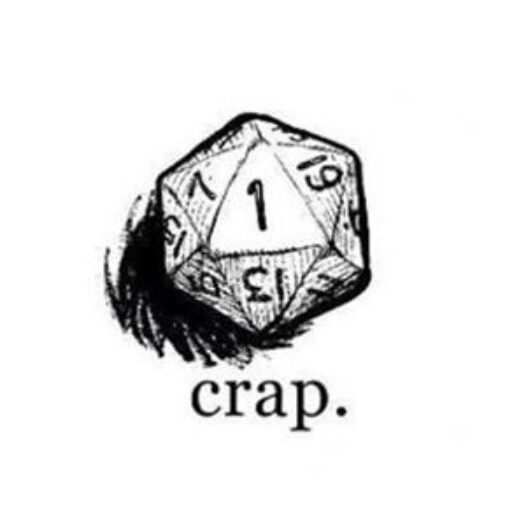I don’t think anyone has ever done a book review on here, and this isn’t so much a book review as it is an exhortation to treasure something before it is gone: specifically, Terry Pratchett.
I picked up Unseen Academicals in Australia as something to read on the train rides into and out of the city. It was Terry Pratchett book about Football, so it seemed hard to resist. Actually, it is about more than football, but that turns out to be because football is about more than football. They’re making it into a TV series, as they fitfully do with other Pratchett stories.

I got my first Terry Pratchett book when I was a kid, from my then girlfriend who had an uncle that worked for a publisher and scored early free books. Terry Pratchett wrote funny stories based in the fantasy genre. It was a book about an inept wizard hired by a tourist to show him around his part of the disc-shaped world upon which they lived. Since then, Pratchett has churned out books at an alarming rate on pretty much any topic, but set in the backdrop of his punny fantasy realm. The Mr Welch list actually reminded me of the rules of the Discworld, because a lot of those types of “fantasy-tropes-taken-to-a-logical-yet-ridiculous-conclusion” rules form the basis of how Pratchett’s universe works.
Although I loved Good Omens, a book he co-wrote with Neil Gaiman, I stopped reading the Discworld series round about then because… well, for the same reason I never read the Harry Potter books.

I like stories about wizards and barbarians and trolls to be my personal escapism. Somehow when everyone gets into them, they’re less of my own mental hideaway. I like having the deities of the Cthulhu Mythos, or obscure Moorcock heroes or the names of the aliens in the Cantina scene to work as a shibboleth between me and people like me. If something gets too popular, those passwords into my confidence may as well be written on a post it note on my forehead. Hipsterism? Maybe, although I wouldn’t ever say that escapist shit I like is particularly superior to escapist shit someone else likes, but I do like that when it is at least a little rare.
Terry Pratchett books became – to use the Glaswegian vernacular – like clitorises; every cunt had one. So I stopped really paying attention. They started selling scarves in the Unseen University’s colours, presaging the Hogwarts scarves; so my “avoid people wearing scarves of fictional learning institutions” skills developed early.
Which is too bad, because during that time, he really found his stride. Books written in my “I’m too good for Terry Pratchett”-phase were really good. He stopped writing his own mythology with wry views on real world problems and started writing about real world problems viewed through his own mythology. The Colour of Magic was a so-so comedy fantasy book, but later efforts were so much better, decent stories, but presented with a wit that was crisper and more sly about drawing parallels to the real world. It was in later years that people started describing his writing as Wodehousian and I think that’s fair. The remarkable thing is that he’s so well thought of, even though he writes stories filled with trolls and wizards.
And sooner than I’d like, that’s all going to stop because Pratchett has developed Alzheimer’s. He’s taken to campaigning for the right to assisted suicide (currently as illegal in the UK as it is in most of the US) should the symptoms destroy most of who he is. He continues to write, his last novel becoming the third fastest selling novel of all time in the UK. Nothing good lasts for ever, but still, without Alzheimer’s he’d apparently be able to continue rattling these books off.
That’s bummed me out because I found myself really enjoying Unseen Academicals. Comedic Fantasy isn’t the place I’d go to find great writing about how awesome it is to stand in the crowd at a football match, but he perfectly describes the weird momentary communion of tens of thousands of people with sometimes nothing else in common. The way a song swirling around one small section of the stadium can spread and impose order on what is an otherwise chaotic collection of disparate people. The way the diffusion of responsibility in large crowds can lead us to say and do very stupid things, but also permits unrestrained passionate expression.
The story itself charts the formalization and civilization of the rules of football on the Discworld as the academic types try to figure out a way to create a set of rules for the street game. There are sub-plots regarding sport as a place for racial prejudice to be confronted and a bit about fashion too, some very clever little bits about the self-defeating nature of working class pride, but mostly its about wizards trying to get a lot done without too much effort. It ends (THPOILERZ!!!) with the revelation of the god/dess of the game, who has been lying dormant, not suitably appreciated until the climactic game.
The book is oddly patchy, with some passages absolutely crystal clear and witty; while others ramble on with no jokes or plot development. Unless your into breathless writing about the sociology of football, this probably isn’t the book to start off on. But I would recommend giving Pratchett a shot some day, or revisiting Discworld in some of his newest books. It doesn’t require a lot of background knowledge, as most characters don’t carry over from book to book. Carol has read a few and enjoyed them, which is funny because I can’t imagine reading them without noting the fantasy tropes the plots slalom through. If you liked Douglas Adams, I can’t imagine there’d be much in Pratchett’s books that you didn’t enjoy.
So, yeah, book review.




